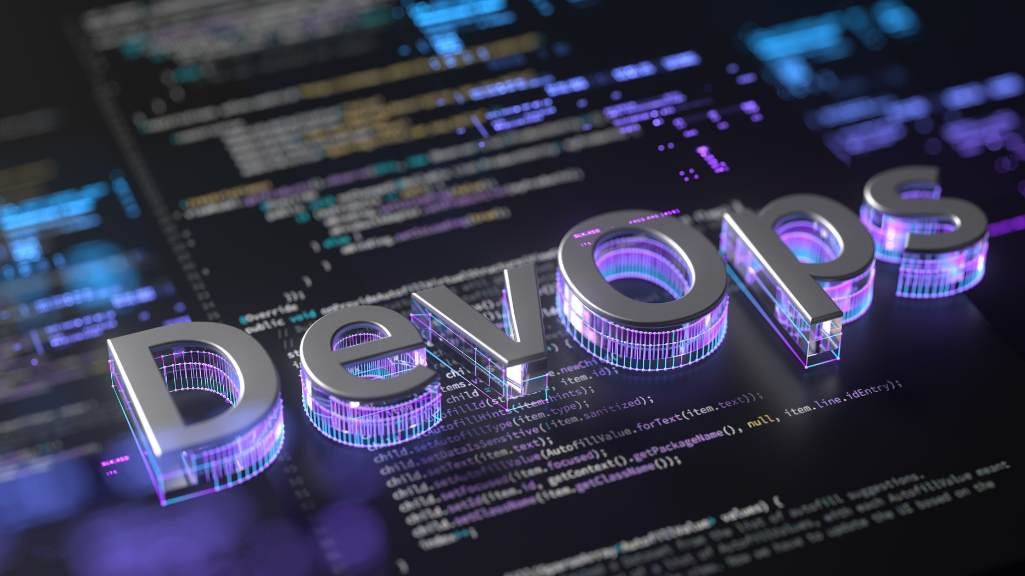Computer Science Books for Software Developers to Enhance Their Skills
Steffan Addison
. 3 min read
No matter how long you’ve been working in software development, there’s always something new to learn. The question is where do you start? In this article I’ve put together my top seven computer science book recommendations which I’ve found indispensable in our ever-changing industry. By reading these books, you can learn valuable lessons and gain insights that will help you become a better software developers. So, whether you are a new coder or an experienced programmer, it's never too late to start reading and learning.

Best Books all Software Developers Should Read
1. Clean Code: A Handbook of Agile Software Craftsmanship
Even bad code can function. But if code isn’t clean, it can bring a development organization to its knees. Every year, countless hours and significant resources are lost because of poorly written code. But it doesn’t have to be that way.
Noted software expert Robert C. Martin, presents a revolutionary paradigm with Clean Code: A Handbook of Agile Software Craftsmanship. Martin, who has helped bring agile principles from a practitioner’s point of view to tens of thousands of programmers, has teamed up with his colleagues from Object Mentor to distill their best agile practice of cleaning code “on the fly” into a book that will instill within you the values of software craftsman, and make you a better programmer but only if you work at it.
2. The Pragmatic Programmer: From Journeyman to Master
Written as a series of self-contained sections and filled with entertaining anecdotes, thoughtful examples, and interesting analogies, The Pragmatic Programmer illustrates the best practices and major pitfalls of many different aspects of software development. Whether you're a new coder, an experienced programmer, or a manager responsible for software projects, use these lessons daily, and you'll quickly see improvements in personal productivity, accuracy, and job satisfaction. You'll learn skills and develop habits and attitudes that form the foundation for long-term success in your career. You'll become a Pragmatic Programmer.
3. Working Effectively with Legacy Code
In this book, Michael Feathers offers start-to-finish strategies for working more effectively with large, untested legacy code bases. This book draws on material Michael created for his renowned Object Mentor seminars: techniques Michael has used in mentoring to help hundreds of developers, technical managers, and testers bring their legacy systems under control.
The Topics Covered Include:
a. Understanding the mechanics of software change: adding features, fixing bugs, improving design, optimizing performance.
b. Getting legacy code into a test harness
c. Writing tests that protect you against introducing new problems
d. Techniques that can be used with any language or platform with examples in Java, C++, C, and C#
e. Accurately identifying where code changes need to be made
4. The Mythical Man-Month: Essays on Software Engineering
Few books on software project management have been as influential and timeless as The Mythical Man-Month. With a blend of software engineering facts and thought-provoking opinions, Fred Brooks offers insight for anyone managing complex projects. These essays draw from his experience as project manager for the IBM System/360 computer family and then for OS/360, its massive software system. Now, 45 years after the initial publication of his book, Brooks has revisited his original ideas and added new thoughts and advice, both for readers already familiar with his work and for readers discovering it for the first time.
5. Clean Architecture
Practical Software Architecture Solutions from the Legendary Robert C. Martin (“Uncle Bob”). By applying universal rules of software architecture, you can dramatically improve developer productivity throughout the life of any software system. Now, building upon the success of his best-selling books Clean Code and The Clean Coder, legendary software craftsman Robert C. Martin (“Uncle Bob”) reveals those rules and helps you apply them.
Conclusion
In conclusion, software development is a constantly evolving field that requires continuous learning to keep up with the latest trends and technologies. Reading books can be an excellent way to expand your knowledge and improve your skills. The books mentioned in this article are highly recommended for all software developers. They cover a wide range of topics, including code cleanliness, best practices, working with legacy code, project management, and software architecture.
More Stories from
Quantum Computing: Revolutionizing the Future of Computation
Explore the world of quantum computing, where the laws of quantum mechanics open the doors to unprecedented computational power.
ChatGPT: Revolutionizing Conversational AI with Language Modeling
This article explores ChatGPT, an advanced language model developed by OpenAI, that is transforming conversational AI systems.
International Telecommunication Union (ITU): Bridging the Global Digital Divide
The International Telecommunication Union (ITU) is a specialized agency of the United Nations, dedicated to promoting global connectivity.
Illuminating the Future: A Comprehensive Guide to Light Emitting Diodes (LEDs)
Discover the history, working principles, and diverse applications of LEDs, from lighting and displays to automotive advancements.
The World Wide Web: Connecting Humanity Across Time and Space
From its inception by Sir Tim Berners-Lee to its exponential growth, learn how the Web revolutionized communication, commerce, and society at large.
.png?height=40)









.png?width=40&aspect_ratio=1:1)
